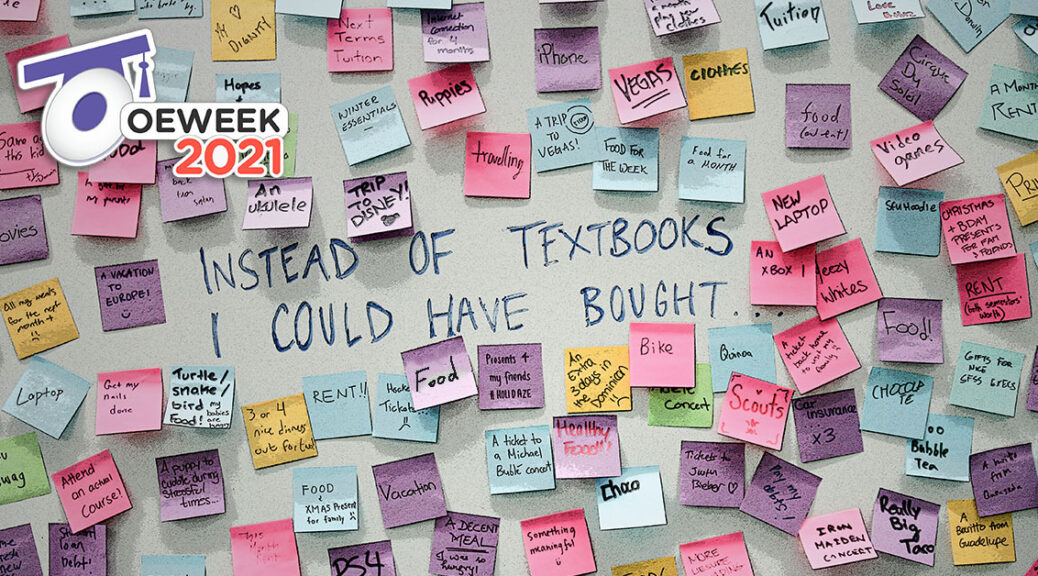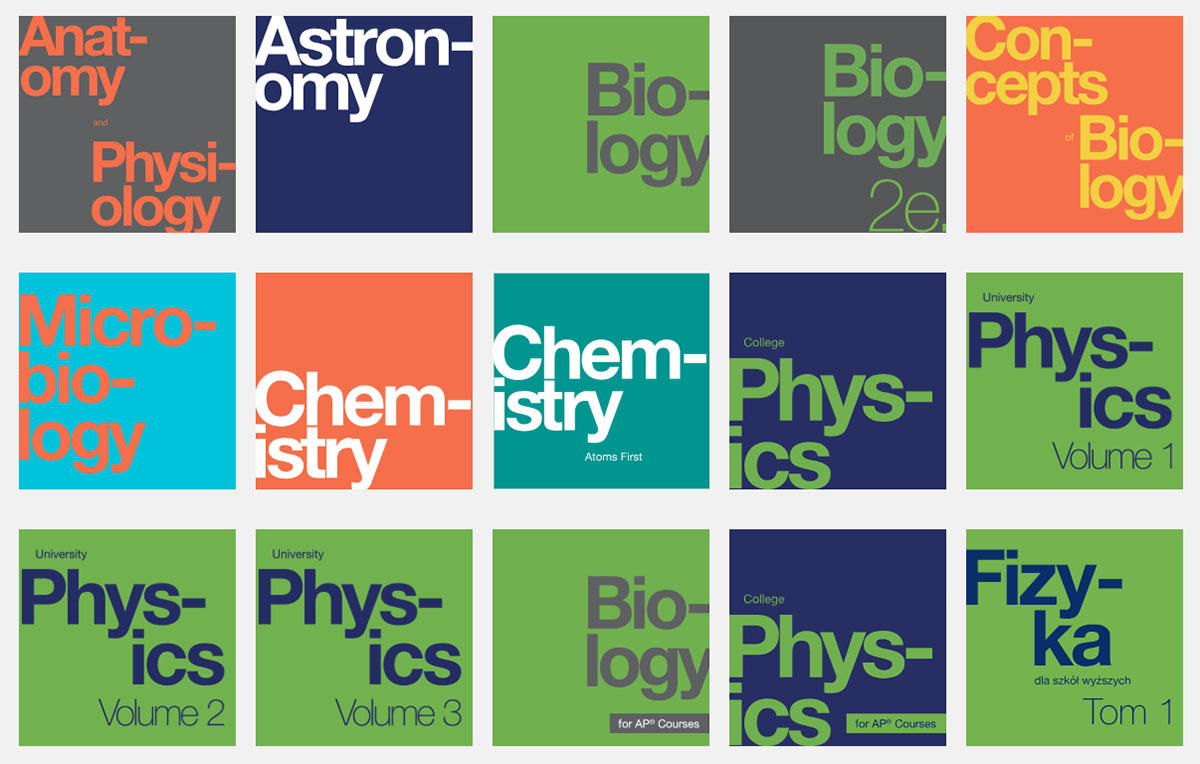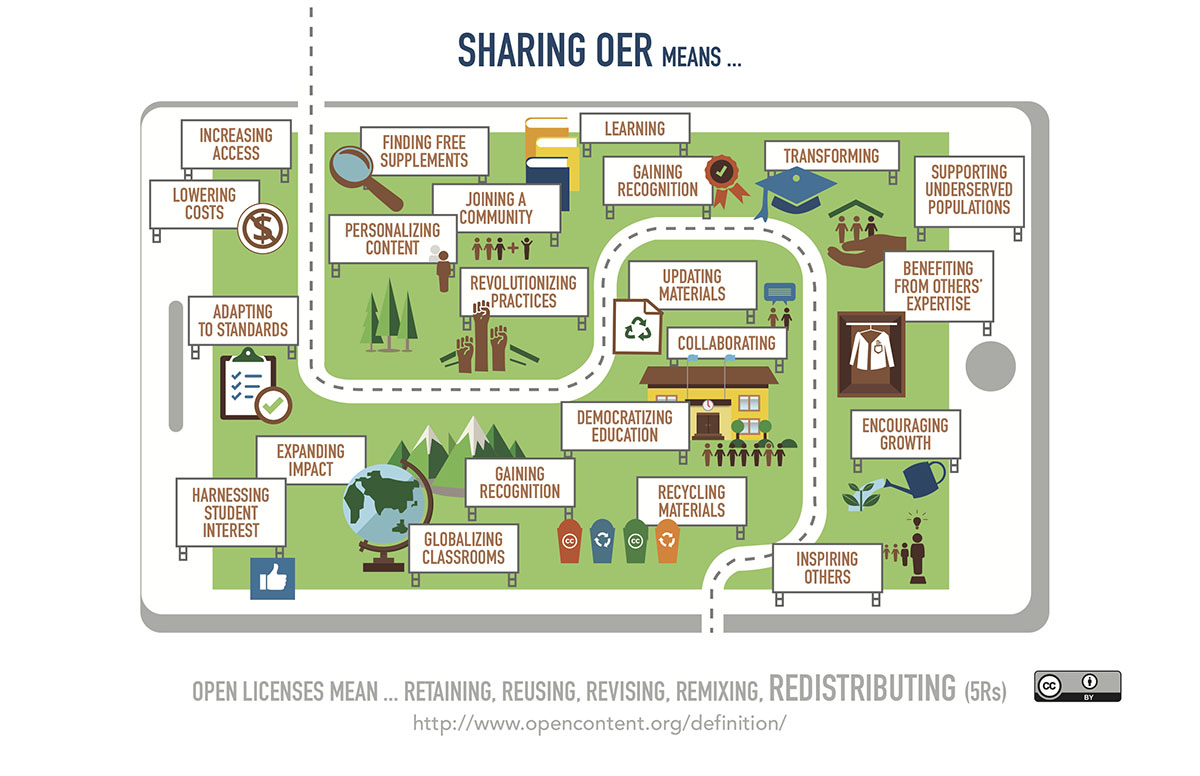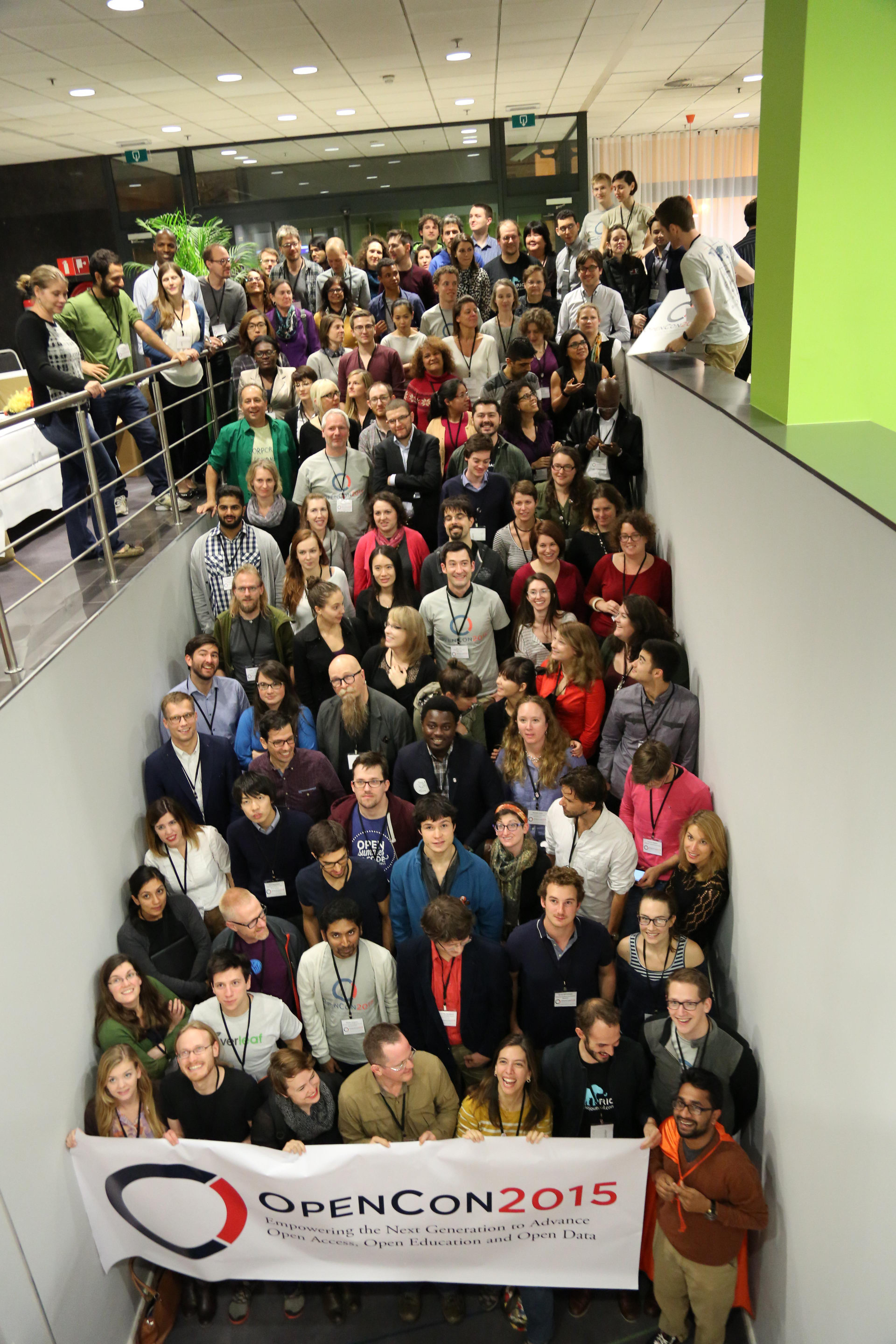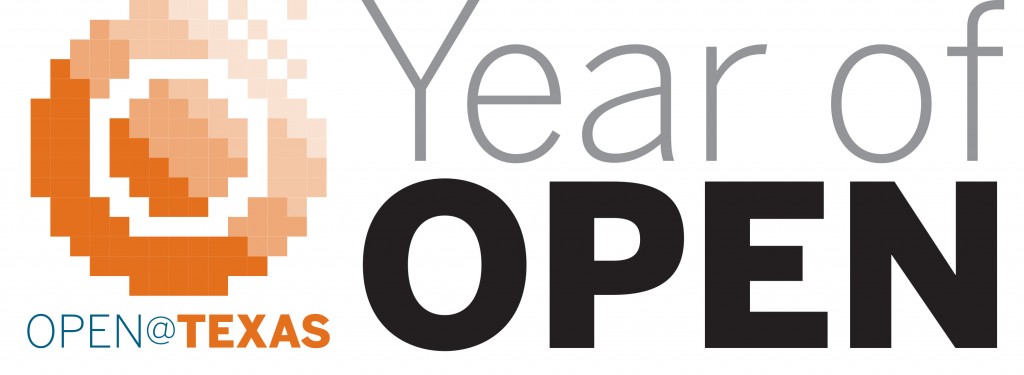This week, March 1 – 5, we observe Open Education Week, a global celebration of the open education movement.
What is open education? The Scholarly Publishing and Academic Resources Coalition (SPARC) defines it as “resources, tools and practices that are free of legal, financial and technical barriers and can be fully used, shared and adapted in the digital environment.” Open education expands access to the resources of higher education (like open textbooks!) and enables the sort of collaboration that can engage students in new ways (like contributing to those open textbooks!).
This week, we’ll share more blog posts highlighting some examples of the ways that education is being transformed by open culture, including by our very own faculty here at UT Austin. But today, we’ll start with part of the “why” that many open practitioners find compelling.
It won’t shock you that cost remains a significant barrier to the pursuit of higher education. While the biggest costs, like tuition and housing, are generally beyond the reach of most instructors to impact, the cost of course materials is tangible and significant. At UT, students enrolled full-time in the fall and spring semesters can expect to spend $714 per year — and depending on their major, it could be much more.
Open educational resources, or OER, are learning objects, like textbooks, websites, images, videos, and more, that are generally free of cost AND free of the legal barriers that restrict instructors from customizing them for their students’ needs. Replacing expensive course materials with OER can save a student tens to hundreds of dollars per course.
We also want to celebrate our instructors who are going the extra mile to make education financially accessible. Are you a student who has taken a course without expensive course materials? If you’ve had an instructor who increased access and equity by selecting free or low cost course materials for class, nominate them as an Affordable Education Champion by Wednesday, March 3. UT Libraries and the Senate of College Councils will recognize some instructors in promotional materials on our websites and social media. All instructors will be made aware of their nominations.
See more information on how high course materials costs impacts students, and contact Ashley Morrison, the Tocker Open Education Librarian, if you’d like to know more or get help locating OER for your discipline. (See a larger version of this infographic here.)

